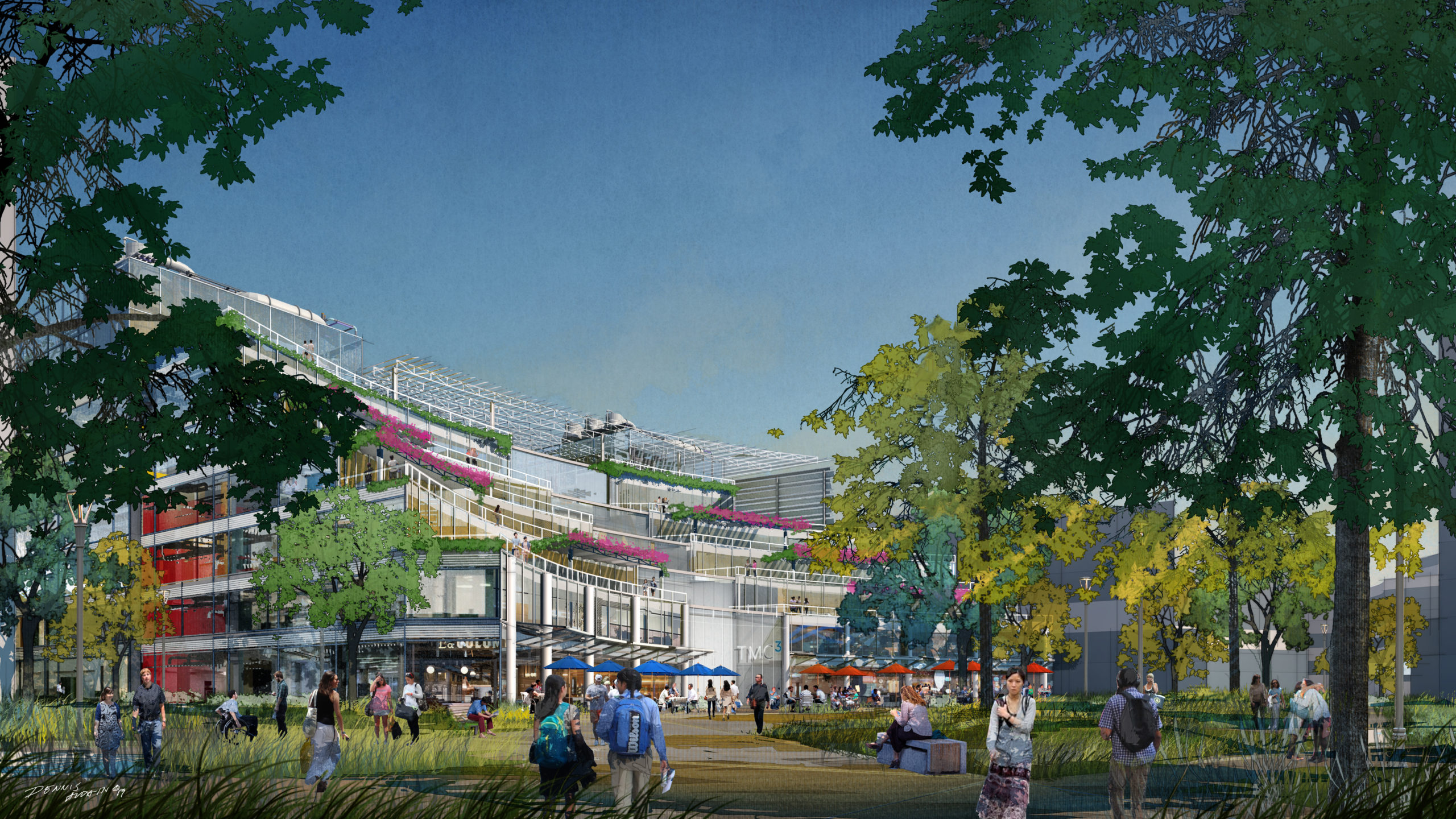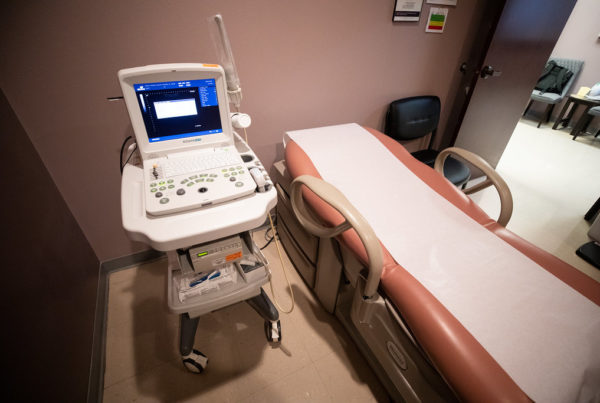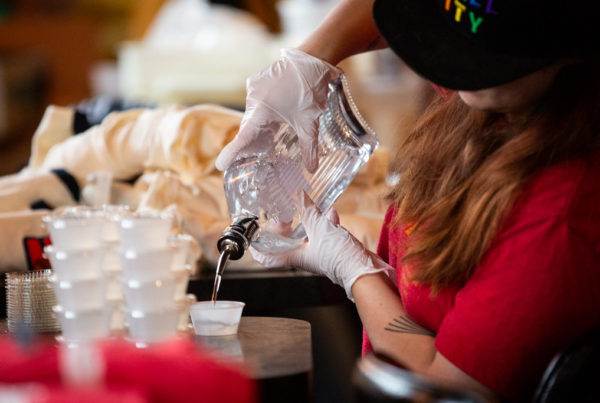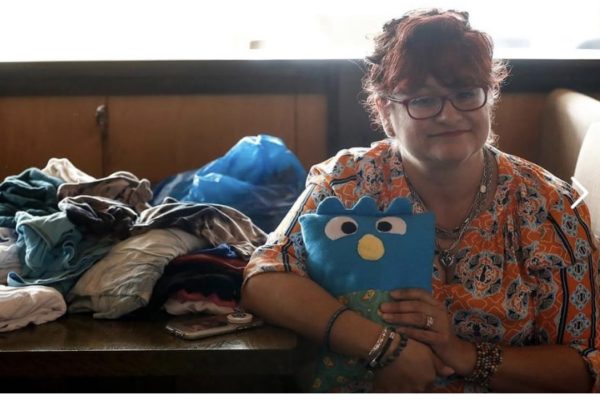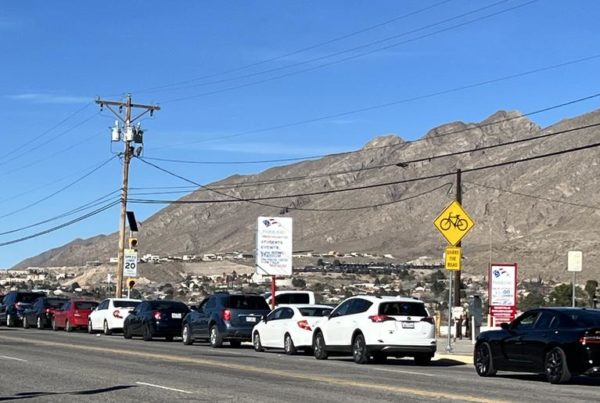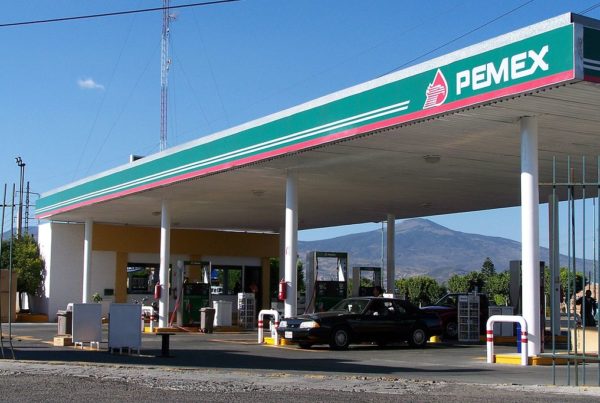Texas business leaders hope to position Dallas, Austin and Houston as a biotech triangle – a three-sided magnet for innovators and investors in fields ranging from medical devices and clinical trials, to pharmaceuticals and agriculture.
Maddie Bender wrote about the effort for health and medicine news website STAT. She told Texas Standard that the three Texas cities hope to leverage the work that’s already being done in biotechnology, while also attracting new players to the region.
“In some of these things, Texas has already been really good at, so positioning themselves as a triangle is really just a way to increase the prevalence in … fields other than agriculture and medical devices, where they already have a strong grasp on,” Bender said.
Other regions have set themselves up as biotech hubs, and Bender says the collaborative approach is more than just marketing for these areas, and for Texas.
“It really is creating this positive feedback of an ecosystem, where if one single company fails, the people who are working there, the talent, won’t leave to go to these other hubs,” she said.
The Texas effort arose organically, Bender says. Projects like Pegasus Park in Dallas and TMC3 in Houston were already in the works when talk of a hub began. And the triangle’s advocates say Texas already has many other resources that make it an ideal location.
“You need to have knowledgeable capital – people with money, but people with money who know a thing or two about biotech,” Bender said. “You need to have some base of talent. You need to have either a major medical center or some sort of academic institution where people are trained and can think of ideas that become successful startup companies.”
Biotech triangle advocates are now looking for validation and support from established companies and institutions on the coasts, where the field already has a strong foothold. That kind of support will “show to the people back on the coasts that Texas is a real player,” Bender said.


